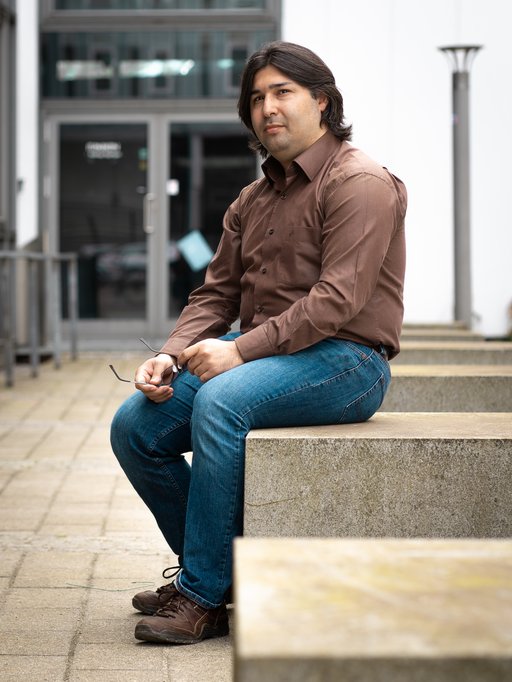
In 2020, Amin Timany joined the Logic and Semantics research group at the Department of Computer Science as a Tenure Track Assistant Professor. Amin's research is mainly concerned with program verification.
Program verification is a very important field of research as our lives are more and more entangled with computer systems. Amin's approach to program verification is a formal and foundational approach where he uses formal and mathematical tools for reasoning about programs. In particular, his research is focused on development and application of program logics to program verification. A program logic is a mathematical theory (based on mathematical logic) which is designed specifically for reasoning about programs at a high level of abstraction. This enables reasoning about programs based on their semantics (their precise behavior) which is often too complex to directly reason about for advanced, state-of-the-art programs and programming languages.
Amin uses proof assistants (software that checks correctness of mathematical proofs) in his work both to establish the soundness of the program logics that he studies, and for verification of programs based on these program logics. Establishing correctness of a mathematical theory in a proof assistant is arguably the highest level of mathematical rigor attainable. In the past several years of his research in this field, Amin has extensively used and contributed to the Iris program logic framework (https://iris-project.org) and the Coq proof assistant (https://coq.inria.fr). In addition to program verification, Amin is also more broadly interested in theory of programming languages, compilers, type theory, mathematical logic, and foundations of mathematics.
Before joining the Department of Computer Science at Aarhus University, Amin held a prestigious postdoctoral fellowship from the Flemish research fund (FWO) in Flanders, Belgium. During this fellowship he was working as a member of the DistriNet research group at the computer science department of KU Leuven, Leuven, Belgium. Amin also obtained his PhD from KU Leuven in May 2018 under the aegis of Prof. Bart Jacobs. During his PhD, Amin made several research visits to, and collaborated with, leading international researchers including Prof. Derek Dreyer (MPI-SWS, Saarbrücken, Germany), Prof. Lars Birkedal (Aarhus University), Dr. Matthieu Sozeau (Inria, Nantes, France).